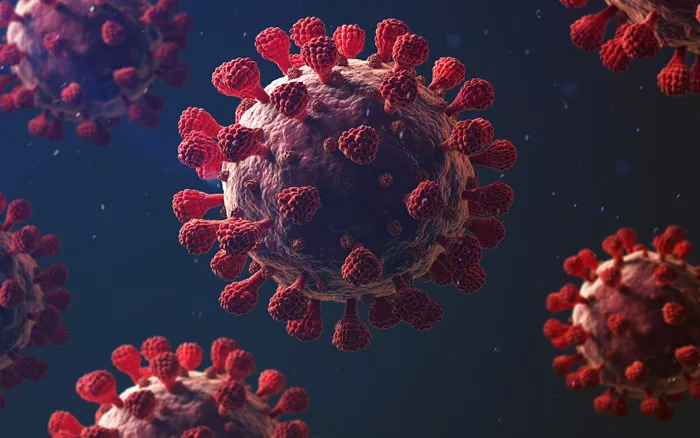COLUMBUS, Ohio — As Covid-19 cases surge once again across the United States, emergency department visits related to the virus have risen by 23.5% in recent weeks, according to the US Centers for Disease Control and Prevention (CDC). The latest data, including high levels of viral activity in wastewater, underscores a concerning trend in the ongoing battle against the pandemic.
Personal experiences within social circles echo these statistics, with reports of friends contracting Covid-19 while traveling and notable figures like second gentleman Doug Emhoff testing positive. Major events such as the Tour de France have also been affected by the virus, reflecting a broader impact on public health and daily life.
To address growing concerns, CNN spoke with Dr. Leana Wen, a renowned emergency physician and CNN wellness expert, to provide insights and guidance on navigating this resurgence of Covid-19 infections.
Q: How concerned should the public be about the current rise in Covid-19 cases?
Dr. Leana Wen: Based on current CDC data, it’s evident that we are experiencing a summer wave of Covid-19 infections. This pattern is not unexpected, as we’ve observed similar seasonal peaks throughout the pandemic, often attributed to increased travel and indoor gatherings during warmer months.
Individuals at higher risk, such as older adults and those with underlying medical conditions, should prioritize staying up-to-date with vaccinations, consider antiviral treatments, and adopt precautions like masking in crowded indoor settings. These measures are crucial to mitigating the spread and protecting vulnerable populations.
Q: What steps can people take to minimize their risk of infection while maintaining a normal lifestyle?
Dr. Wen: Many individuals have resumed pre-pandemic activities while balancing the risk of respiratory viruses like Covid-19. It’s essential to assess personal health circumstances and take proactive steps, such as minimizing indoor gatherings, wearing masks in crowded places, and opting for outdoor venues whenever possible. Prioritizing these precautions can significantly reduce the likelihood of transmission, particularly before visiting vulnerable individuals.
Q: Are home tests still effective for diagnosing Covid-19 symptoms?
Dr. Wen: Rapid antigen home tests offer convenience but may not match the accuracy of laboratory PCR tests. Individuals experiencing symptoms should use rapid tests and consider repeat testing if initial results are negative. It’s crucial to remember that these tests detect Covid-19 specifically and not other respiratory infections. Symptomatic individuals should avoid close contact with vulnerable individuals, regardless of test results.
Q: What advice do you have for travelers looking to minimize Covid-19 risks?
Dr. Wen: Travelers should prioritize wearing high-quality masks in crowded, poorly ventilated spaces such as airports and trains. Outdoor dining and carrying rapid tests are recommended precautions. Planning ahead for potential Covid-19 scenarios, including accessing antiviral treatments and securing travel insurance, can provide peace of mind amidst uncertainties.
Q: With a new Covid-19 vaccine expected soon, who should consider waiting for this updated formulation?
Dr. Wen: The upcoming vaccine, anticipated for release in September, is designed to better target current variants and align with seasonal virus trends. Waiting for this formulation may benefit individuals seeking enhanced protection against evolving strains. Current vaccines remain effective in reducing severe illness and hospitalizations, although additional precautions are advisable for those prioritizing infection prevention.
Q: Regarding isolation guidelines, what should individuals do if diagnosed with Covid-19?
Dr. Wen: Recent CDC updates recommend isolation until fever-free for 24 hours and symptom improvement, followed by continued precautions for five days. For households with vulnerable members, extra vigilance and separation until testing negative are prudent measures to reduce transmission risks.
As Covid-19 continues to challenge public health efforts, Dr. Wen underscores the importance of tailored precautions and vaccination to safeguard communities, particularly those at higher risk. Adhering to these guidelines can help mitigate transmission and support a safe return to daily activities amidst ongoing pandemic dynamics.
[inline_related_posts title=”You Might Be Interested In” title_align=”left” style=”list” number=”6″ align=”none” ids=”10870,10867,10847″ by=”categories” orderby=”rand” order=”DESC” hide_thumb=”no” thumb_right=”no” views=”no” date=”yes” grid_columns=”2″ post_type=”” tax=””]

































